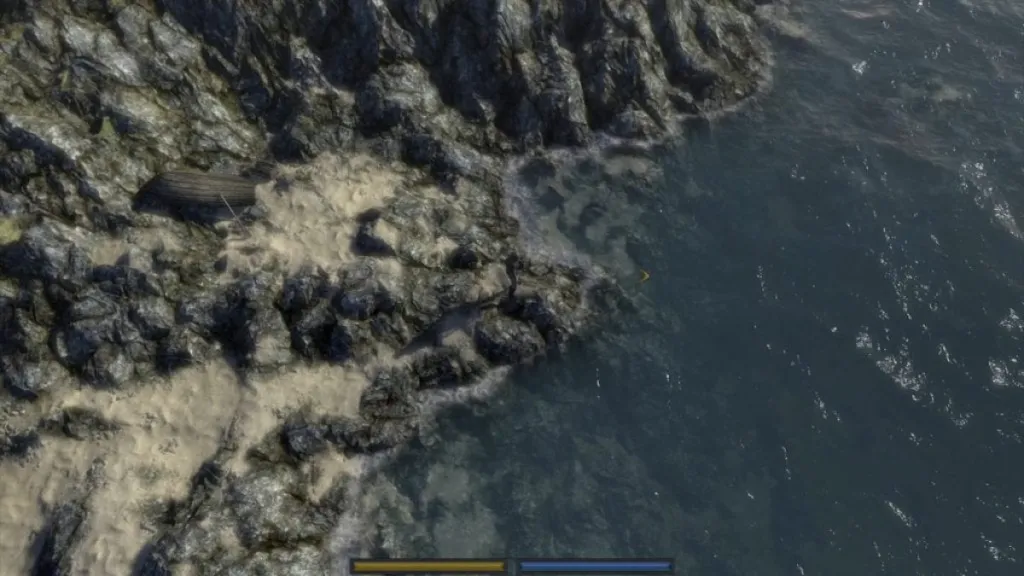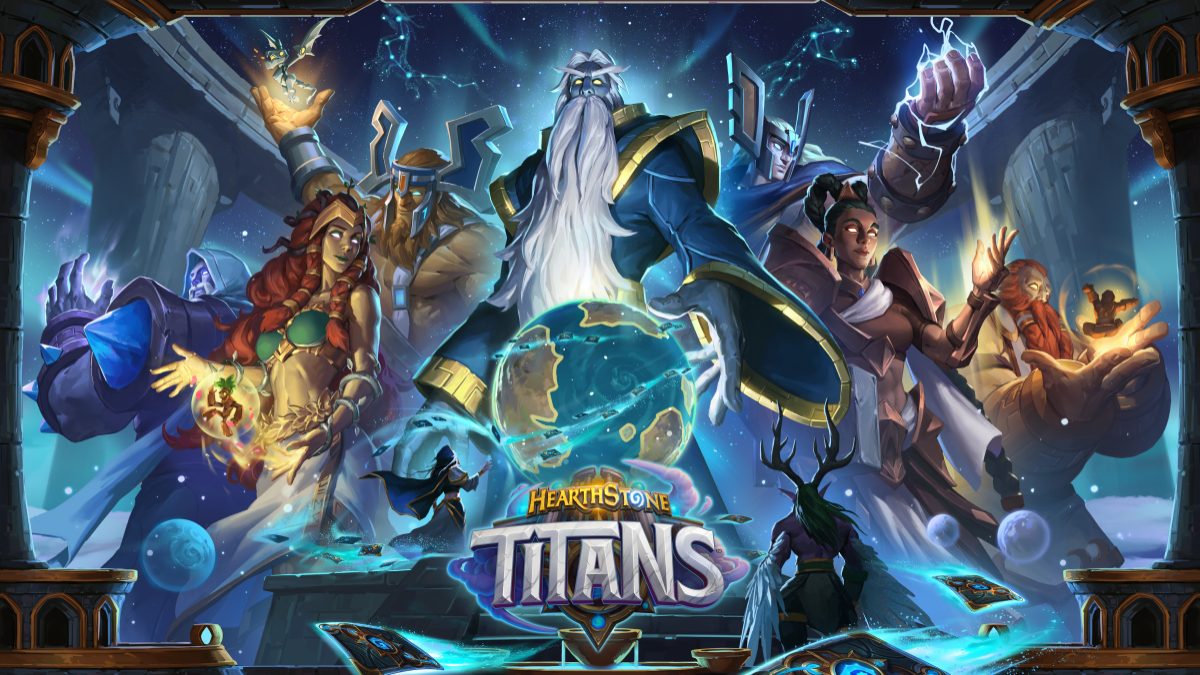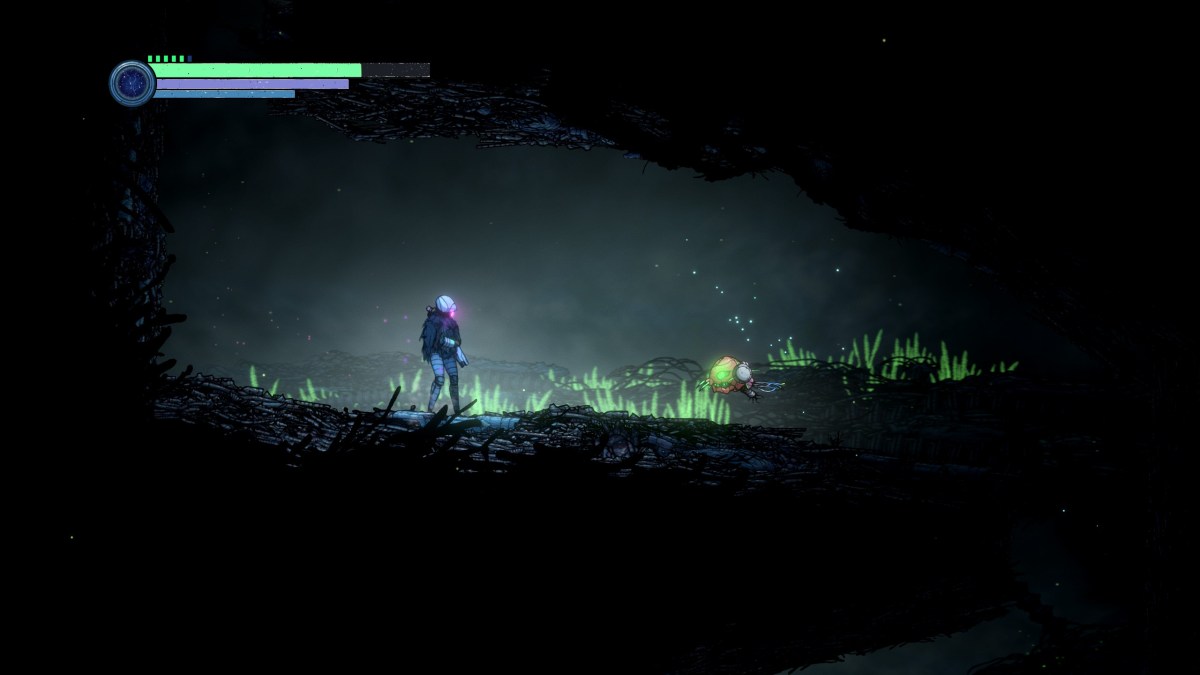
Sui Generis, developed by Bare Mettle Entertainment, is hoping to reinvigorate the RPG concepts of interactive freedom and storytelling-through-character. After a successful Kickstarter campaign which concluded in November 2012, the game is now preparing for an imminent beta release of a prelude, Exanima, which will support the game’s core features.
As a point of reference, think about how many options and approaches players had to solve the first town’s murder mystery in Divinity: Original Sin. As another, the term Sui Generis is Latin for “unique in its characteristics.” That sort of openness (and beyond) is what Sui Generis is aiming to achieve.
We asked Bare Mettle Entertainment’s Madoc Evans to explain what the developers wish to achieve with the game, as well as the current progress on Sui Generis and the challenges his team currently face.
IncGamers: As Sui Generis has a variety of innovations and fresh designs on old concepts, what is it that you really want to convey to those looking for a new RPG experience?
Madoc Evans: When people first look at Sui Generis they often think “Diablo with physics” but really it’s nothing like that. In a way we’re going back to the oldest concepts and translating them fresh on to computer. An RPG is a game of storytelling where as a player you dictate the actions of your own character.
The physics are just one of many things we’re doing to translate that on to the computer in the most effective way possible. Our world design, our AI, the way you interact with things and just about everything else try to convey that the world is real and tangible. Things aren’t just a backdrop to a more superficial game, everything is interactive and of consequence.
While trying to reinvent the RPG for the modern computer the biggest challenge is the story telling. We see an RPG not as being put in a role but being put in a world where we can play and develop any role we choose. By this I don’t mean choosing to be a fisherman rather than an adventurer but that when faced with a situation you can do anything you can think of rather than being limited to specific choices.
We don’t want to be given a series of specific tasks, be told who the bad guys and good guys are, or make major irreversible plot decisions by clicking on one option rather than another. We want to make our own judgements and decisions and the world to be influenced by all our actions and their implications.
IG: What games and other media have had an influence your team’s inspiration for Sui Generis?
ME: Well, a lot, over the course of many years. All our lives we played games from the perspective of wanting to develop our own. There’s nothing specific that made us say “I want that one.” We played a lot of different games we liked (and didn’t like,) and really it’s always a mix of the two things. Both likes and dislikes have helped us shape our design for Sui Generis. We tend to thoroughly analyse why we enjoy certain things or not. I actually spend a lot more time reading books than playing games and story wise that’s where most of my inspiration comes from. In the case of books I wouldn’t even quote a genre, let alone specific books or authors.
IG: What’s really interesting to me compared to other Diablo-style RPG’s are the flexible mechanics of combat and build variety. It’s not based on end-game itemisation either. Could you share some examples on how one might decide to play Sui Generis and what will be possible with the current features?
ME: The fundamental concept here is that we put some flexible tools at your disposal and it’s up to you how you employ them circumstantially. We’re aiming for extreme interactivity in everything, the environment and the AI being very dynamic and there being no artificial restrictions. We’re used to playing games under very controlled conditions or things being carefully balanced in terms of difficulty and sequential progression. We don’t mind if you overcome an apparently difficult challenge with some devious trick.
Finding creative ways to break the rules the developers have set for us is perhaps one of the things we enjoy most in games. We actually want to encourage such creative thinking, not prevent it. Ideally the outcome is that if you can think of something that you could with such powers in the real world then you can do it in Sui Generis.
IG: Can you share some insight into how your inventory system works with itemisation?
ME: With the inventory and itemisation we’re again trying to move away from typical schematic systems in games and rather offer something more natural and realistic. Worn items work on a system that has over a thousand virtual slots in the latest iteration.
The idea is that we can add pretty much anything we can think of and wear any combination of things that might fit together, as well as layer them on top of each other. Accurate collisions mean anything you wear just works in terms of armour and even how things are layered together is modelled. Everything you can wear is also backed by a procedural system for materials, patterns, colours, condition etc. making every single item unique and allowing us to make virtually endless outfits.
For weapons, the shape alone is so important given the accurate physics and collisions. Each one plays very differently and this could be your main criteria in choosing one over another. In terms of statistics we’ve kept them deliberately vague, using dot ratings over exact numbers.
We want the player to experiment and develop a play style rather than approach their build with numbers. Some items are clearly superior to others but in the right hands even an improvised weapon can be quite effective. There are also special items and these typically have unique features that set them aside from mundane items, rather than granting some statistical bonus. These items are also actually rare and valuable, they don’t spawn randomly.

Underneath your armour, you can wear trousers and a shirt. And underneath THAT, power panties and killer socks. Potentially.
IG: Probably hard to explain, but how far does the level of NPC/AI interaction go in this open world game compared to… say Skyrim? For example, in your alpha demo video, you stealthily took down a guard and equipped his armour in order to walk straight through the castle gate without unwanted combat as one option.
ME: This is quite a broad topic but hopefully I’ve already given a sense of what we’re trying to accomplish here. The aim is to allow the player to be able to undertake any initiative that might make sense to them. The disguise is one of many things which could work in the real world and the player might arrive at intuitively. In this case you might have used brute force, a distraction, a bribe, any number of thaumaturgic powers or even found a way to enter the citadel legitimately.
All NPCs serve their own interests and make dynamic decisions before taking any action, with a huge number of factors being considered. You can never be sure what to expect because an NPC could at any point decide that what’s expected of them isn’t in their best interest. We’re building complex personality models, requirements and incentives for all activities that are detailed enough to be influenced by almost anything you do or happens.
IG: How would conversational options work with NPCs?
ME: While we’ve already prototyped dialogue, this is still in development. To be honest we’re still not entirely sure just how much we’ll be able to accomplish and it’s something we’re likely to continue expanding on after release. It shares a lot with how we drive story and events in general. The aim is to provide deep story which isn’t rigid and dumb to circumstance.
Whilst there more structured events where there is specific dialogue associated with specific characters, there are also roles that are interchangeable and many common behaviours that are always possible under the right circumstances.
Story progresses regardless of your involvement. What you say or do might affect its course, or grant you a certain role within it, but everything is always subject to change and just about any outcome. If none of the outcomes we specifically planned is possible then so be it, that’s how the story went. Anything can happen and we’re building this in a way that we can continue to expand on what “anything” might be.
In terms of actual dialogue options you will be given some that belong to roles you might have adopted and other less specific and unrelated options. You’re never locked into some sort of dialogue mode, you can say nothing and walk away, rudely talk over someone, address someone else or do anything else you want.
IG: What are the minimum PC requirements you have found Sui Generis to be working and stable on so far?
ME: The engine is very well optimised and scalable, we’re getting really great performance despite taking what might be considered quite brute force approaches to things like physics and lighting. We choose these approaches because we want to keep the world entirely dynamic.
Hundreds of people have already played our alpha and beta builds, we and them were impressed to see the game run extremely well on every system. A dual core laptop with integrated graphics can do 40 FPS or more even in 1080p, with resolution being the biggest factor.
The game looks good even on low settings but on higher end systems you can get some very impressive visual quality. We do some other unconventionally brute force stuff to give the graphics a unique level of polish.
IG: You’ve mentioned in your FAQ that online multiplayer is to be released after Sui Generis’ initial release due to physics across networks being potentially problematic, but LAN multiplayer will be available once the game is shipped. Could you share some insight into your multiplayer challenge so far?
ME: Really, the challenge with multiplayer is mostly technical and to do with the intensive use of physics. The physics simulation is far too complex and demanding to use traditional network synchronisation methods. We’ve prototyped LAN play with good results but high latency might present an insurmountable problem.
The game is designed from the ground up to support multiple players. We really miss being able to play with friends in deep and actually mutable, fully persistent worlds; something which MMOs don’t really offer. The game’s general approach where you can be anyone and do anything implicitly supports multiple players in the same world. Whether they cooperate or compete is entirely up to them, they might even take opposing roles in the same events.
IG: Can you give us an insight into the reasons and development behind your own engine for Sui Generis? What has been your biggest hurdle in taking this option so far?
ME: I’ve been developing rendering and simulation engines professionally for 15 years, that’s what I’ve done for a living since I was very young. It was literally my first job. I landed it before I could complete my formal education because I had taught myself. I did this because I developed a consuming ambition to create a realistic and immersive RPG world using technologies that hadn’t been invented yet. These were the early days of 3D gaming and the possibilities seemed endless.
I always want to do things differently, we want to do different things. It’s surprisingly rare that existing solutions fit our requirements and a lot of what we’re doing is unprecedented. The challenge is the truly staggering amount of work this entails. I’m extremely driven and hard-working but sometimes I do wish we’d taken a simpler and more conventional approach to some things! It is worth it though, things have come together better than we imagined they could.

This chap seems to be in the middle of some kind of existential crisis. Which may actually be an option in Sui Generis.
IG: From one of your video development diaries, you mentioned making the animations yourself and becoming proficient at something new; which is commendable given the circumstances of your resources and team’s demands. You’re also looking for an animator to polish the animations. What’s the current status on that position and what’s your best advice to give someone who’s learning new game development skills on a tight time-frame & budget?
ME: As for hiring an animator this is something we will do when we have access to more funds. The animations have already improved dramatically and we could improve them further even without external help, it’s just a matter of priorities at the moment.
I would say where there’s a will there’s a way, but there is also talent and for certain roles you want the right person for the job. I do a lot of stuff besides programming but when it comes to certain things, for example music, you can’t always pick them up and improvise.
As such a small studio we found a big problem was getting our audience to accept that we have limitations. Ours is also a bit of special case because of our unique way of doing things. Usually you would be able to buy professionally made assets, including motion capture animations, very cheaply. It is getting a little tiresome seeing the same assets in many games, but it’s definitely a very viable option if your resources are limited and your requirements aren’t too specific.
IG: What’s the current state of Sui Generis’ features and your goals for the next few months of 2015?
ME: We’ve finally reached a point where we consider the core game and engine to be completely functional and support everything we might want in the future. Developing it with constant feedback from our backers and the public has driven us to do almost everything to much higher quality standards than we planned or imagined. We’ve acted on every bit of feedback and criticism that was in line with our goals and pushed to make everything good rather than just adequate. As you can imagine there was a lot of nitpicking about every detail as people overanalysed whatever they glimpsed. Sometimes this was counterproductive, but we think the results speak for themselves.
Now we are preparing to release the prelude, Exanima, which aims to support the game’s core features but not yet the open world and dynamic story systems. Exanima is currently in alpha, beta is imminent and a full release will come very soon after that. We will continue to add features to Exanima as we develop them for Sui Generis.
At this point our focus is becoming only adding features and our dynamic story rather than developing the complex systems to support it all. Exanima is already very close to a complete game and a huge accomplishment. While it’s relatively simple, there’s a massive amount of stuff under bonnet that is there to support the world of Sui Generis.

Gazing out at some lovely water shaders.
IG: Lastly, anything you would like to say to your fans and those looking for a new RPG?
ME: Too much. There are a lot of things that make this game special and set it aside from other games. It really needs to be experienced with an open mind and no preconceptions about what a game should be or how it should play.
Some people are initially taken aback by it, they expect to absent-mindedly press buttons and run around while things just fall into place and you somehow win and accomplish what you were supposed to. The physics aren’t just for show, you need to really embrace them and use them; information isn’t fed to you, you need to find it and piece it together; you’re not given objectives, you have to set your own. The game is ruthless, it does not want you to win.
The world is indifferent to you, AIs will do their absolute best to beat you. The aim is not to win and be rewarded, it’s to be challenged, to become immersed and have fun, even if you failed to do something. It is most certainly not a casual game, but it’s not complicated either. It has a lot of depth and freedom that are not immediately apparent. If you take the time to figure out what it’s about and how it works you might be captivated like never before.
IG: Our thanks to Madoc and his team for taking the time out to answer our questions on Sui Generis.








Published: Feb 2, 2015 02:45 pm